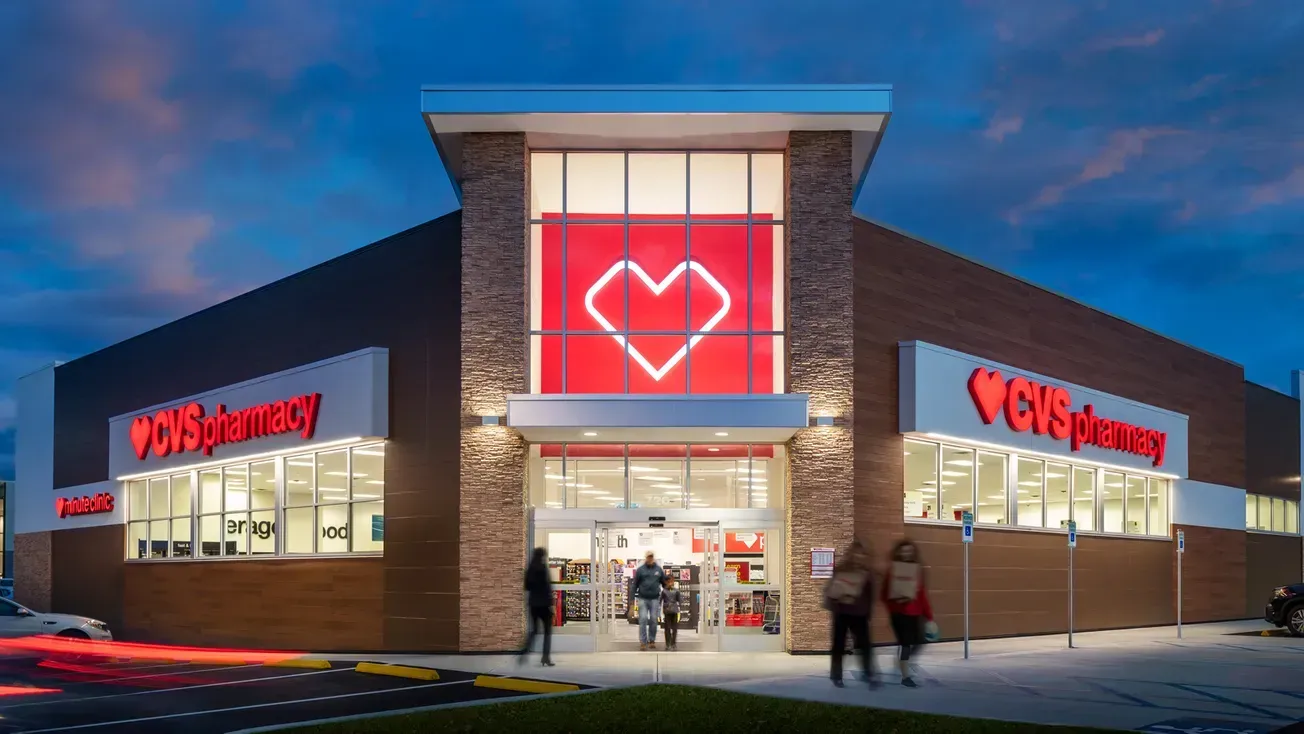ST. LOUIS — According to a new survey, Knowing But Not Doing: The State of Rx Adherence in America Report from Express Scripts, many Americans on medications for chronic diseases are not concerned about missing doses, resent their spouses/partners reminding them to take their medicine and think they do a better job than others at taking their medication as prescribed.

The survey found that nearly one-third of those taking prescription medications for chronic conditions say they are not concerned about forgetting to take their medications despite the fact that almost one-half believe it is the most important thing they can do to protect their health. They also don’t want to be nagged by their spouse/partner about taking their medicine, rating them as the most annoying source of reminders to take their medicine.
Although not concerned if they miss a dose or two, people still give themselves high marks for taking their medication as prescribed, with 54% of respondents claiming they do a better job of it than others — this is especially true for people 55 and older (60%). However, those who consciously decide not to take their medication regularly, say that side effects are the primary reason (44%), followed by an inconvenient time of day (28%).
“This survey shows that while patients with chronic diseases know that medication is critical to their treatment and health, they don’t always act on that knowledge,” said Snezana Mahon, vice president of Express Scripts Clinical Solutions. “Given the huge cost of nonadherence to an individual patient’s health, as well as to the country as a whole, it’s essential for patients and clinicians to work together to find solutions to help overcome barriers to adherence.”
The U.S. wastes more than $300 billion each year on unnecessary medical costs – ER visits, hospitalizations and extra tests – all to treat health complications that could have been avoided.
The survey suggests that financial rewards are one effective way to motivate patients to be adherent. Two-thirds of those polled say they are more likely to take better care of their health and adhere to their medications when rewarded for their efforts, and those numbers skyrocketed among the younger population (88% for those ages 18 to 34). Personal financial rewards were cited as the overwhelming preference (82%) while charitable contributions were chosen by a mere 3% of respondents.
While human reminders are not viewed favorably, technology-based medication reminders are seen as helpful tools, especially among adults under 55 years old; 74% of those 18 to 34 and 62 % of those 35 to 54 believe that assistance from mobile health apps or wearable devices would help them be better at taking their medicine.
The survey was conducted by Russell Research on behalf of Express Scripts between February 14 to 22, 2018 among 800 adults (18 and older) taking medications to treat any of the following chronic diseases: diabetes, hypertension, high cholesterol, heart disease, depression/mental health, gastrointestinal disorders, respiratory/asthma/COPD, cancer and arthritis.
Given that patients are more open to technology to help them improve adherence, Express Scripts partners with Mango Health, a mobile health company that provides a daily health management platform to improve health outcomes by improving healthy behaviors, including medication adherence.
The Mango app helps patients develop healthy habits and manage their medication adherence by tackling the biggest driver of non-adherence: forgetting. It helps people follow their doctors’ instructions by making it easy to track the medication schedule and set up reminders, and facilitates ordering prescriptions directly from their device with the pharmacy of their choice. The app also educates patients about their chronic conditions, and offers solutions for caregivers who can track their loved one’s medications even when living in different cities.
Express Scripts also partners with other healthcare technology companies, such as Propeller Health, Livongo and LifeScan, to improve adherence and treatment outcomes through real-time remote monitoring, which helps members and their Express Scripts specialist pharmacists better manage chronic conditions including diabetes, asthma and COPD, and address adherence issues immediately.
Predicting medication nonadherence before it starts is another way Express Scripts helps patients stay on track with their therapy. Through ScreenRx, Express Scripts’ proprietary, real-time, disease-specific predictive model, we identify patients at risk of nonadherence with as much as 94 percent accuracy, and then personalize interventions — delivered by specialist pharmacists — to help patients overcome the barriers to adherence and stay on their therapy.
“We see the highest rates of medication adherence across our 80 million members who use the Express Scripts and Accredo pharmacies, where patients are supported by data-driven resources and specialist pharmacists who understand their medication needs and issues,” said Mahon. “The next best rates of adherence are among those in plans that offer a 90-day supply coverage through a retail pharmacy or home delivery. Once patients with chronic conditions are on stable doses of their medication, these options offer higher adherence, fewer opportunities to forget refills and renewals, and lower costs per day of therapy than the traditional 30-day supply of medication.”






